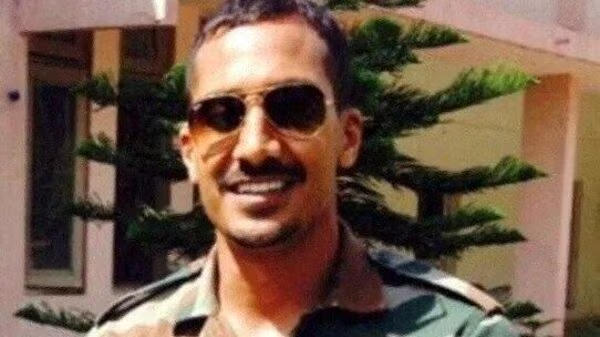India finds itself at a critical juncture with the indictment of Vikash Yadav, a former intelligence officer, by the United States in relation to the alleged plot to assassinate Khalistani separatist Gurpatwant Singh Pannun. The US has charged Yadav with conspiracy and murder-for-hire, claiming he orchestrated a foiled assassination plot from India. This development follows diplomatic tensions between India and the West, including the fallout from allegations of India’s involvement in the killing of another pro-Khalistani leader, Hardeep Singh Nijjar, in Canada. However, there are glaring double standards in how such cases of counter-terrorism are treated globally.
The Double Standards in Global Counter-Terrorism
While countries like the United States and Israel are known for taking bold actions on foreign soil to eliminate threats, India’s attempt to neutralize figures like Pannun is being met with disproportionate outrage. The US and Israel have repeatedly conducted high-profile targeted killings in countries like Pakistan, Iran, and even European nations, often without facing serious international backlash. For instance, the US drone strike that killed Iranian General Qasem Soleimani in Iraq in 2020 was justified as necessary for national security, despite occurring in a foreign sovereign state. Similarly, Israel’s Mossad has long been known for neutralizing terrorists far beyond its borders, including the high-profile killing of nuclear scientists in Iran.
Yet, when India seeks to defend its national interests by targeting individuals like Pannun, a known Khalistani separatist accused of inciting terrorism and violence in India, the narrative shifts. The FBI’s decision to charge Vikash Yadav and put him on their wanted list despite the legitimate security concerns raised by India illustrates the inconsistent standards applied by Western nations to counter-terrorism efforts. Countries like the US, Canada, and others often turn a blind eye when anti-India separatist movements like Khalistan find safe havens on their soil, fueling terrorism back home.
India’s Right to Defend Itself
Gurpatwant Singh Pannun, based in the US, has openly advocated for Khalistan, a separatist movement that seeks to destabilize India. His role in inciting violence, encouraging militancy, and fostering discontent within the Indian state is well-documented. Despite multiple appeals to international governments to curb the activities of individuals like Pannun, India’s concerns have largely been dismissed as internal matters. This attitude has emboldened extremist figures to continue their activities with impunity. India’s intelligence agencies, faced with a lack of cooperation from foreign governments, are forced to take matters into their own hands to safeguard national security.
While countries like the US argue that their legal and diplomatic frameworks protect such individuals as “citizens,” the same rights are often denied to those whom the US or its allies target in the name of counter-terrorism. This selective interpretation of justice underscores the double standards prevalent in global politics. India, a nation with the second-largest population in the world and a thriving democracy, must assert its right to protect its sovereignty in the same manner as any Western power.
Moving Forward: India’s Firm Stance
India must stand by Vikash Yadav and others involved in such cases, ensuring they are given due support in the face of mounting Western pressure. These individuals were, after all, attempting to neutralize a threat to India’s national security. Furthermore, it is crucial for India to challenge the hypocrisy in global counter-terrorism efforts and demand a consistent international approach to combat terrorism, no matter where it originates.
In conclusion, India’s efforts to eliminate dangerous elements like Pannun are justified, given the threat they pose to the country’s integrity. While the US may have its legal processes, India must advocate for an even-handed approach to global counter-terrorism, calling out the double standards employed by Western nations. India’s role in securing its sovereignty should be respected, not vilified.





